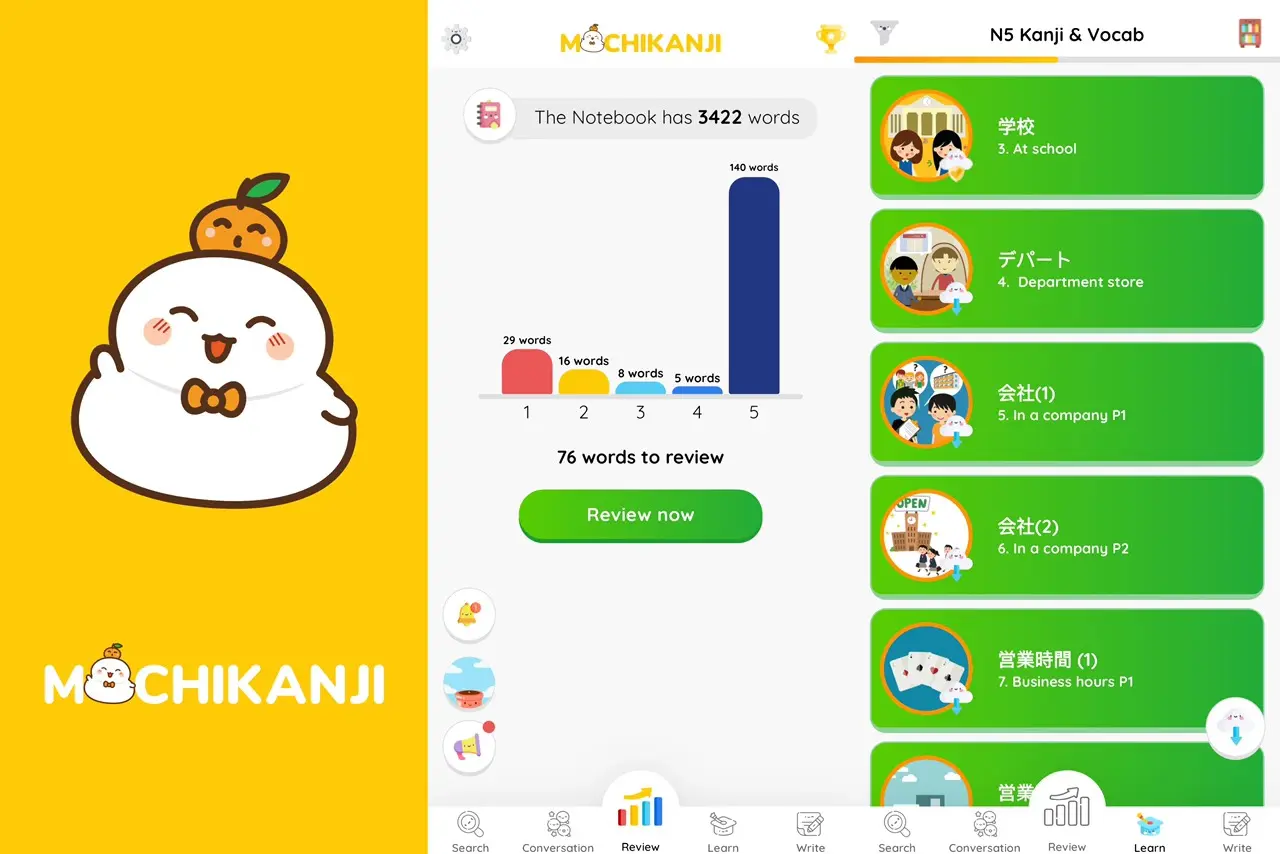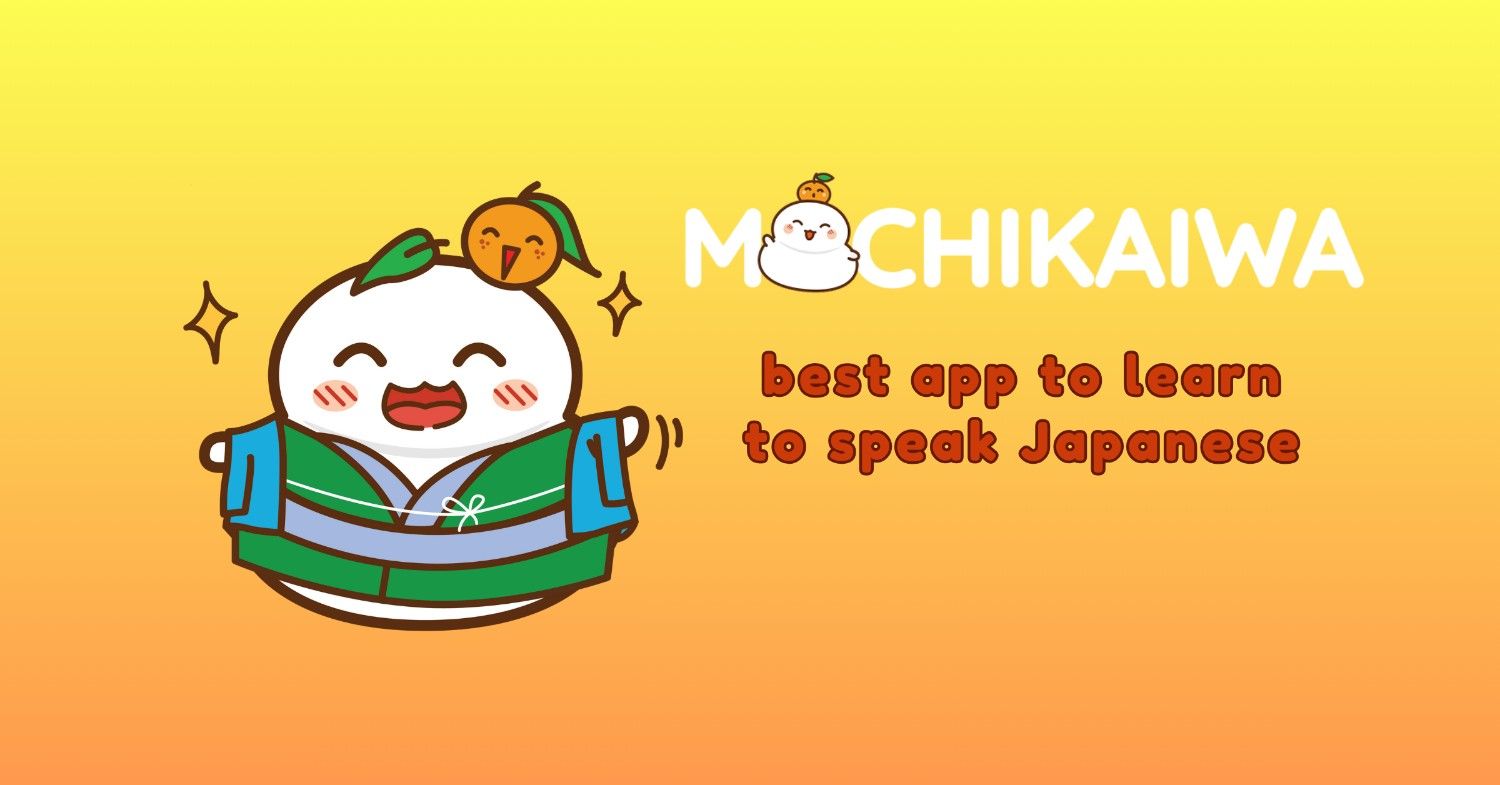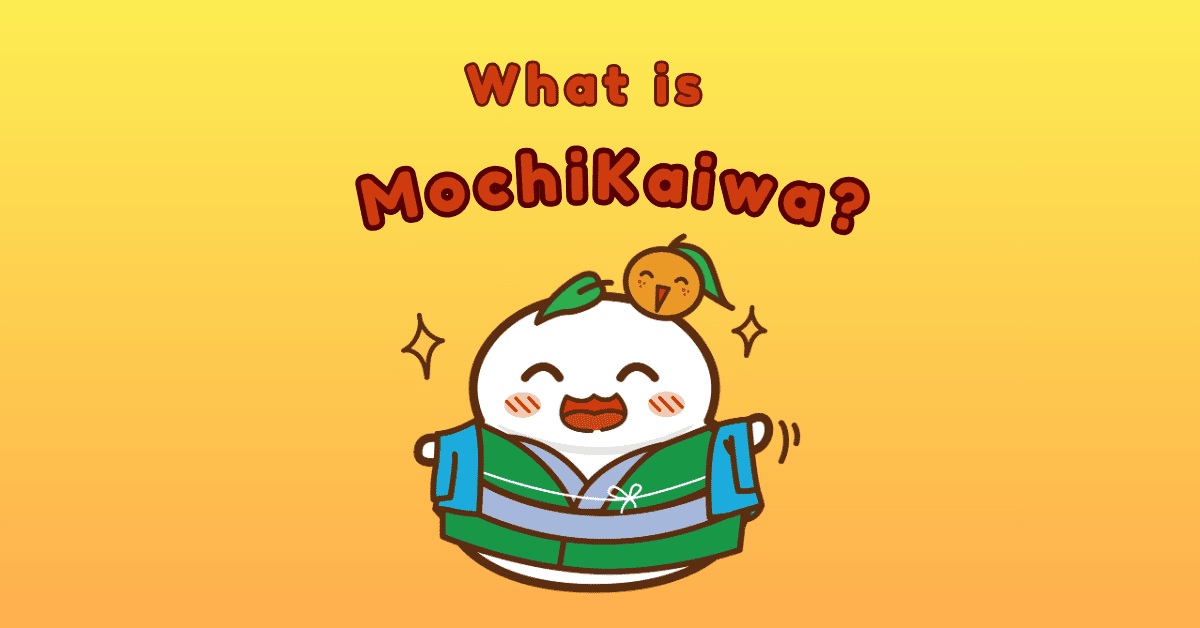Learning how to say “I” and “me” in Japanese is essential for anyone beginning their journey with this beautiful language. Unlike English, where “I” and “me” are straightforward, Japanese offers a variety of ways to refer to oneself, influenced by factors like gender, age, and formality. This guide will introduce you to these various expressions, helping you choose the right one for each context.
- The Common “I” in Japanese – Watashi (私)
- Other Ways to Say “I” and “Me” in Japanese
- Saying “We” in Japanese
- Do Japanese Pronouns when talking casually?

The Common “I” in Japanese – Watashi (私)
The most common and neutral way to say “I” in Japanese is “watashi” (私). It’s suitable for both men and women and can be used in most situations, whether formal or informal. For beginners, “watashi” is a safe choice.
Example:
- 私は学生です。(Watashi wa gakusei desu.) – I am a student.
Other Ways to Say “I” and “Me” in Japanese
Japanese language has several pronouns for “I” and “me,” each carrying different nuances. Let’s explore these pronouns based on gender, age, and formality.
Depending on Gender
- Watashi (私)
- Usage: Neutral, used by both men and women.
- Example: 私は忙しいです。(Watashi wa isogashii desu.) – I am busy.
- Boku (僕)
- Usage: Casual for men and boys. It’s softer and less formal than “watashi.”
- Example: 僕は元気です。(Boku wa genki desu.) – I am fine.
- Ore (俺)
- Usage: Very casual, used mostly by men among friends or in informal settings. It has a rougher, more assertive tone.
- Example: 俺は行くよ。(Ore wa iku yo.) – I’m going.
- Atashi (あたし)
- Usage: Casual, used by young women. It gives a slightly informal and girlish nuance.
- Example: あたしは学生です。(Atashi wa gakusei desu.) – I am a student.
Depending on Age
- Watashi (私)
- Usage: Suitable for all ages, though more commonly used by adults.
- Example: 私は大人です。(Watashi wa otona desu.) – I am an adult.
- Boku (僕)
- Usage: For young boys and teenagers, but adult men may also use it in casual settings.
- Example: 僕は子供です。(Boku wa kodomo desu.) – I am a child.
- Washi (わし)
- Usage: For elderly men, especially in rural areas or in historical contexts. It sounds very old-fashioned.
- Example: わしはもう歳じゃ。(Washi wa mou toshi ja.) – I am old.
On Formality
- Watakushi (私)
- Usage: Very formal, used in official settings, speeches, or polite conversation. It’s the most formal version of “watashi.”
- Example: 私は会長です。(Watakushi wa kaichou desu.) – I am the chairman.
- Ware (我)
- Usage: Archaic and very formal, mostly found in literature or historical texts.
- Example: 我が名は。(Waga na wa.) – My name is…
- Uchi (内)
- Usage: Uchi (内) is a humble way to refer to oneself, often used by women in certain regions of Japan, particularly in the Kansai area. It conveys a sense of modesty and humility.
- Example: 内は主婦です。(Uchi wa shufu desu.) – I am a housewife.
- Jibun (自分)
- Usage: Can be used in formal or informal settings to refer to oneself, often implying a sense of humility or self-reflection.
- Example: 自分のことを話します。(Jibun no koto wo hanashimasu.) – I will talk about myself.
Other Ways That Aren’t Commonly Used These Days
- Sessha (拙者)
- Usage: Archaic, used by samurai. It is extremely humble and not used in modern conversation.
- Ore-sama (俺様)
- Usage: Very arrogant and boastful, used for comedic effect or in fictional contexts. It’s almost never used in real life.
- Example: 俺様は最強だ。(Ore-sama wa saikyou da.) – I am the strongest.

Using MochiKanji to learn Japanese vocabulary is a smart choice, especially when mastering phrases like “I” in Japanese. The app offers interactive flashcards and spaced repetition to help you retain key words effectively. By practicing daily, you can quickly build your vocabulary.
Saying “We” in Japanese
In addition to saying “I” and “me,” it’s useful to know how to say “we” in Japanese. Here are some common pronouns:
- Watashitachi (私たち)
- Usage: Neutral and commonly used to say “we.”
- Example: 私たちは友達です。(Watashitachi wa tomodachi desu.) – We are friends.
- Bokutachi (僕たち)
- Usage: Casual, used by men and boys.
- Example: 僕たちはサッカーが好きです。(Bokutachi wa sakkaa ga suki desu.) – We like soccer.
- Oretachi (俺たち)
- Usage: Very casual and assertive, used by men.
- Example: 俺たちはここにいる。(Oretachi wa koko ni iru.) – We are here.
- Watakushitachi (私たち)
- Usage: Very formal, used in official and polite contexts.
- Example: 私たちはお世話になります。(Watakushitachi wa osewa ni narimasu.) – We are in your care.
Choosing the Right Pronoun
Choosing the right pronoun depends on the context and your relationship with the person you are speaking to. For beginners, “watashi” (私) and “watashitachi” (私たち) are usually the best choices until you become more comfortable with the language.
Do Japanese Pronouns when talking casually?
In casual conversation, Japanese people often avoid using personal pronouns like “I” (私, watashi) altogether. This might seem strange to English speakers, but it’s quite common in Japanese. The context of the conversation usually makes it clear who the subject is, so explicitly stating “I” is often unnecessary. Here’s how this works and what replaces personal pronouns in casual speech:
Dropping the Pronoun
In many cases, the subject (like “I” or “you”) is simply omitted. Japanese relies heavily on context, so if it’s clear who is being talked about, there’s no need to use a pronoun.
Example:
- 行くよ。(Iku yo.) – (I’ll) go
- 食べた。(Tabeta.) – (I) ate.
Using Names or Titles
Sometimes, especially in conversation among friends or within a family, people might use their own names or titles instead of pronouns. This can sound more friendly or casual.
Example:
- 太郎は行くよ。(Tarou wa iku yo.) – Tarou will go.
- お母さんは疲れた。(Okaasan wa tsukareta.) – Mom is tired.
Contextual Understanding
Japanese conversation relies on mutual understanding and context. For example, when you’re speaking with someone, the topic and context of the conversation often make it clear who the subject is without needing to state it explicitly.
Example:
- 明日、映画に行く? (Ashita, eiga ni iku?) – Tomorrow, (are you) going to the movies?
- => うん、行くよ。(Un, iku yo.) – Yeah, (I’ll) go.
When Pronouns Are Used
While dropping pronouns is common in casual speech, they are still used when necessary for clarity or emphasis. Here are some common scenarios:
- Emphasis or Clarification:
- If there’s potential confusion about who the subject is, pronouns might be used to clarify.
- Example: 僕が行くよ。(Boku ga iku yo.) – I will go.
- Expressing Identity or Role:
- Pronouns or titles might be used to express one’s role or identity.
- Example: 私は学生です。(Watashi wa gakusei desu.) – I am a student.
- New Information:
- When introducing new information or a new topic, pronouns might be used.
Cultural Nuances
The preference for omitting pronouns is also linked to Japanese cultural values, such as modesty and group harmony. Explicitly stating “I” can sometimes feel too direct or self-centered in a culture that values subtlety and indirectness.
Summary
In casual Japanese conversation, pronouns like “I” are often omitted because the context usually makes it clear who the subject is. Instead, Japanese speakers rely on context, use names or titles, and prioritize mutual understanding. However, pronouns are still used when necessary for clarity, emphasis, or introducing new information. Understanding this aspect of Japanese communication can help you sound more natural and fluent in your conversations.





